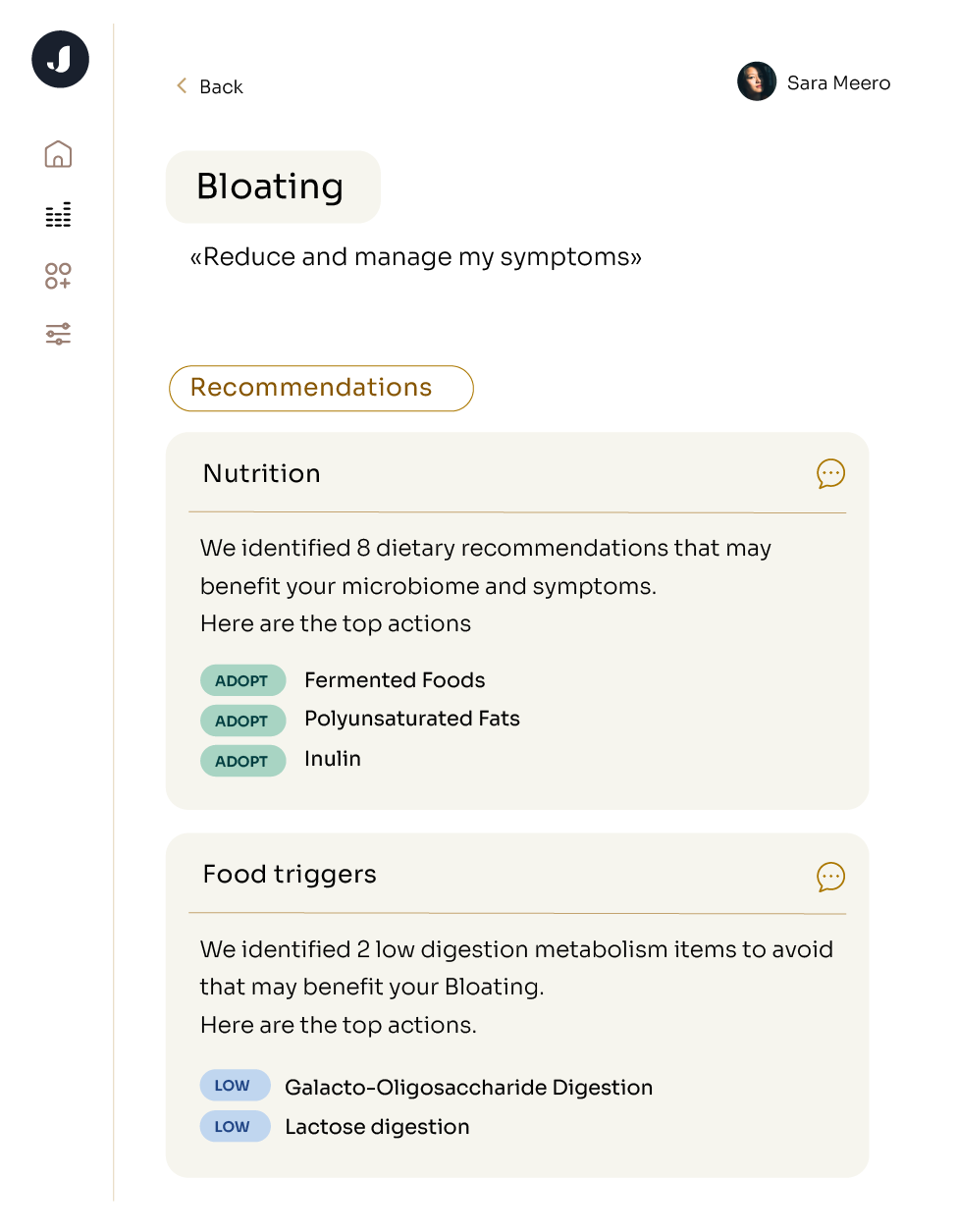Dr. Emeran Mayer is a world-renowned gastroenterologist and neuroscientist with 40 years of experience studying how the digestive and nervous systems interact in health and disease. He published the 2016 book Mind-Gut Connection which became an Amazon bestseller in Gastroenterology, and recently published his second book, The Mind-Gut Immune Connection, which links the health of soil and plant microbiomes to gut, immune, and brain health.
Since encountering Jona, Emeran has been a supporter of the product and ally in microbiome exploration. We sat down to ask him a few questions about gut health, its role in mental health, and his stance on microbiome testing.
Hi, I'm Emeran Mayer, I've been a Distinguished Research Professor in the division of digestive diseases at UCLA. I have a career-long interest in how the brain interacts with the gut microbiome in health and disease. I've studied this through my research and also seen thousands of patients with problems of mind-gut interactions.
We've learned in the last several years that there is a close connection between mental health and gut health. When I say gut health, I mean the ecosystem of trillions of microbes interacting with our gut. If this system is out of balance - and this is often the case even for patients who don’t have gastrointestinal symptoms - it can send signals that alter the emotional and cognitive networks within the brain.
There's basically two ways these interactions happen. One is the top-down interaction: when the brain is stressed, it sends signals down to the gut through the autonomic nervous system. This changes the gut ecosystem, or the habitat in which these microbes live, and it also changes the microbes’ behavior, including which types of chemicals and neurotransmitters they produce. These top down interactions are really important in terms of setting the stage for our microbiome.
Now the other way this interaction happens is bottom-up, or how the gut affects the brain, including cognitive and emotional function. This happens a few different ways. For example, gut microbes generate neuro-active substances from the food we eat, which can affect how we think and feel. Some of the molecules produced by the gut cause neurodegenerative diseases such as Alzheimer's and Parkinson's, and others simply change how we feel and our sense of wellness and comfort. Another pathway for bottom-up effects is when gut microbes interact with the immune system in the gut and trigger inflammation, which can make its way into the brain.
Microbes love a largely plant-based diet for the simple reason that it contains two types of molecules: fiber and polyphenols. You might have heard polyphenols called antioxidants because that's what they do when they're studied in a test tube. But as I will explain in a minute, this is not what happens when they are ingested with plant based foods: Fiber and polyphenols are food for microbes, and they’re found in all types of plants including fruits, vegetables, seeds, and berries. Now if we zoom in deeper into this, which ones do I recommend the most?
Spices are another category besides seeds, nuts, and berries that contain a lot of polyphenols. For example, turmeric has a compound called curcumin, and regular doses of curcumin have been shown in randomized studies to reduce gut inflammation. Thousands of years of Ayurvedic and traditional Chinese medicine also tell us that spices are health-promoting.
I would list tumeric as a food that meets all the criteria. It's been studied, it's contained in many traditions. And a lot of millions of people are taking it in India, for example, on a daily basis.
Polyphenols are a family of compounds characterized by their large molecular size. They’re all too big to be absorbed intact in the small intestine, so they need the microbes to break them down into smaller pieces that are absorbable. These smaller pieces also have a prebiotic effect on the microbes, so they play a dual role in feeding your microbes and helping the body reduce inflammation. Amongst the polyphenols, one group stands out flavonoids, especially flavonol.
Pommes fruits, cacao beans and berries are high in flavonol. Cocoa favonols have been studied in clinical trials to have a beneficial effect both on brain health and heart health.
One is turmeric: this is a large molecule that is not absorbed in our gut, but our gut microbes release anti-inflammatory components of this molecule.
Another is berries, particularly the dark berries, blackberries, blueberries, many Nordic berries, which all get their dark color from their antioxidant content. They all contain a high amount of flavonoids, which are those compounds that nature produces to protect the plants themselves but also have major health benefits for us.
So to summarize, I would say of all the foods that I would recommend, turmeric, berries, and cacao because they are all great food for your microbes. And what's good for the microbes is good for us.
There’s a couple of ways. One, Jona is based on the most cutting-edge technique of assessing the presence or the abundance of microbes in our gut, not just bacteria but also viruses and fungi. It's way beyond the capabilities of other tests that just look at relative prevalence of bacteria at the genus level, not even down to the strain level - those are very superficial.
Second, is the interpretation and the practical recommendations for patients, which are based on very sophisticated AI techniques that have been used to process vast amounts of data from the world’s scientific literature. The science is obviously evolving at a very rapid pace, and with the Jona test, you get an updated interpretation that moves live with the developments and progress in the microbiome field.
One is to have a starting point to know what goes on in your gut at this moment and how that compares to other individuals. And, if you do a test repeatedly, especially during interventions such as a dietary recommendation or a lifestyle modification, you will see the changes that happen at your microbiome level. That information gives you a lot of positive feedback that you're on the right track and that you're changing the biology inside of your brain-gut system.






